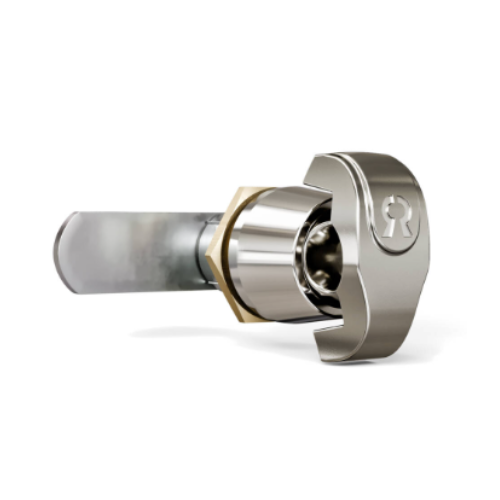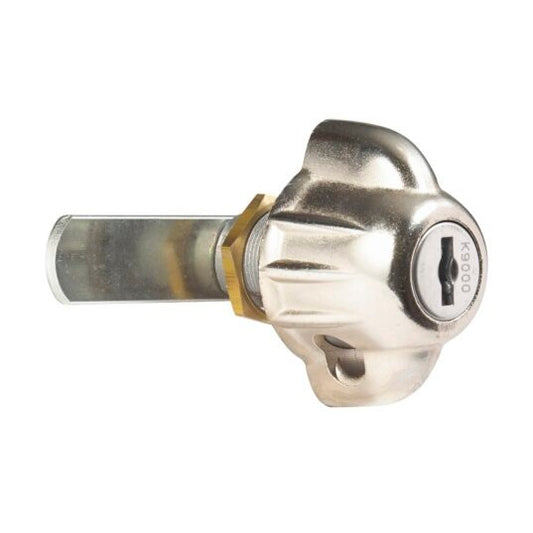Locker Locks & Spare Parts with Trade Prices and Next-Day Delivery
-
Lock Install Available
 Product Code: RHS/STD
Product Code: RHS/STDRonis Diamond Hasp & Staple Locker Lock for Padlocks
Regular price £6.29 GBPRegular price -
Lock Install Available
 Product Code: OJHS/RH
Product Code: OJHS/RHOjmar Locker Hasp & Staple Lock for Padlocks (for Wood/Laminate)
Regular price £11.65 GBPRegular price -
Lock Install Available
 Product Code: UNI/HS
Product Code: UNI/HSUniversal Locker Hasp & Staple Lock for Padlocks
Regular price £6.29 GBPRegular price -
Lock Install Available
 Product Code: ASHS/O
Product Code: ASHS/OAssa Hasp & Staple Lock (for Doors up to 16mm)
Regular price £12.60 GBPRegular price -
Lock Install Available
 Product Code: AHS/LS-1
Product Code: AHS/LS-1Assa Hasp & Staple Lock (for Doors up to 22mm)
Regular price £12.60 GBPRegular price -
Lock Install Available
 Product Code: HHS/PI
Product Code: HHS/PIHelmsman Hasp & Staple Lock for Padlocks (New Style)
Regular price £6.29 GBPRegular price -
Lock Install Available
 Product Code: LOK0003/HDH/OLD
Product Code: LOK0003/HDH/OLDHelmsman Hasp & Staple Lock for Padlocks (Diamond Style)
Regular price £6.29 GBPRegular price -
Lock Install Available
 Product Code: PHS/NEW/22
Product Code: PHS/NEW/22Probe Locker Push-In Hasp & Staple Lock for Padlocks (New Style)
Regular price £6.29 GBPRegular price -
Lock Install Available
 Product Code: PHS
Product Code: PHSProbe Locker Hasp & Staple Lock for Padlocks (Diamond Style)
Regular price £6.29 GBPRegular price -
Lock Install Available
 Product Code: E/TYPE1/HASP
Product Code: E/TYPE1/HASPElite/Link Locker Standard Hasp & Staple Lock for Padlocks
Regular price £6.29 GBPRegular price -
Lock Install Available
 Product Code: RHS-PUSHIN
Product Code: RHS-PUSHINElite/Link Locker Push-In Hasp & Staple Lock for Padlocks
Regular price £6.29 GBPRegular price -
Lock Install Available
 Product Code: PU/HASP/LF-A
Product Code: PU/HASP/LF-APure Locker Hasp & Staple Lock for Padlocks
Regular price £6.29 GBPRegular price -
Lock Install Available
 Product Code: GHS/NARROW
Product Code: GHS/NARROWGarran Hasp & Staple Lock for Padlocks (Narrow Body)
Regular price £6.29 GBPRegular price -
Lock Install Available
 Product Code: ASFT/HASP
Product Code: ASFT/HASPFast-Tek/Atlas Compatible Hasp & Staple Lock
Regular price £6.29 GBPRegular price -
Lock Install Available
 Product Code: GF/HASP
Product Code: GF/HASPStorm Locker Hasp Lock for Padlocks
Regular price £8.45 GBPRegular price -
Lock Install Available

Frequently Asked Questions
What is a hasp lock and how does it work?
A hasp lock (also known as a latch lock) is a simple mechanism used to secure locker doors with a padlock. The user threads a padlock through the hasp to lock the door, making it ideal for shared-use areas or where users bring their own locks.
What type of padlock should I use with a hasp lock?
Most standard padlocks will fit, but it’s best to check the shackle diameter and clearance. Typically, a 6–8mm shackle works well for locker hasps. If you’re unsure, send us a picture of your hasp and padlock side-by-side, and we can advise the best fit.
Can hasp locks be used on all locker types?
Hasp locks are most common on steel lockers but can also be used on wooden, laminate, or plastic doors with the right fitting. Always check the door thickness and mounting hole spacing to ensure compatibility.
Do you supply hasp locks with padlocks included?
By default, hasp locks are supplied on their own. Padlocks are sold separately so you can choose your preferred security level — from budget combination padlocks to high-security keyed options. Bulk discounts are available for trade orders.
Are hasp locks suitable for high-traffic or public-use environments?
Yes — hasp locks are great for schools, gyms, and workplaces where users bring their own padlocks. They’re durable, low-maintenance, and easy to replace if damaged. However, for higher security or shared-use systems, you might prefer a mechanical or digital lock alternative.














